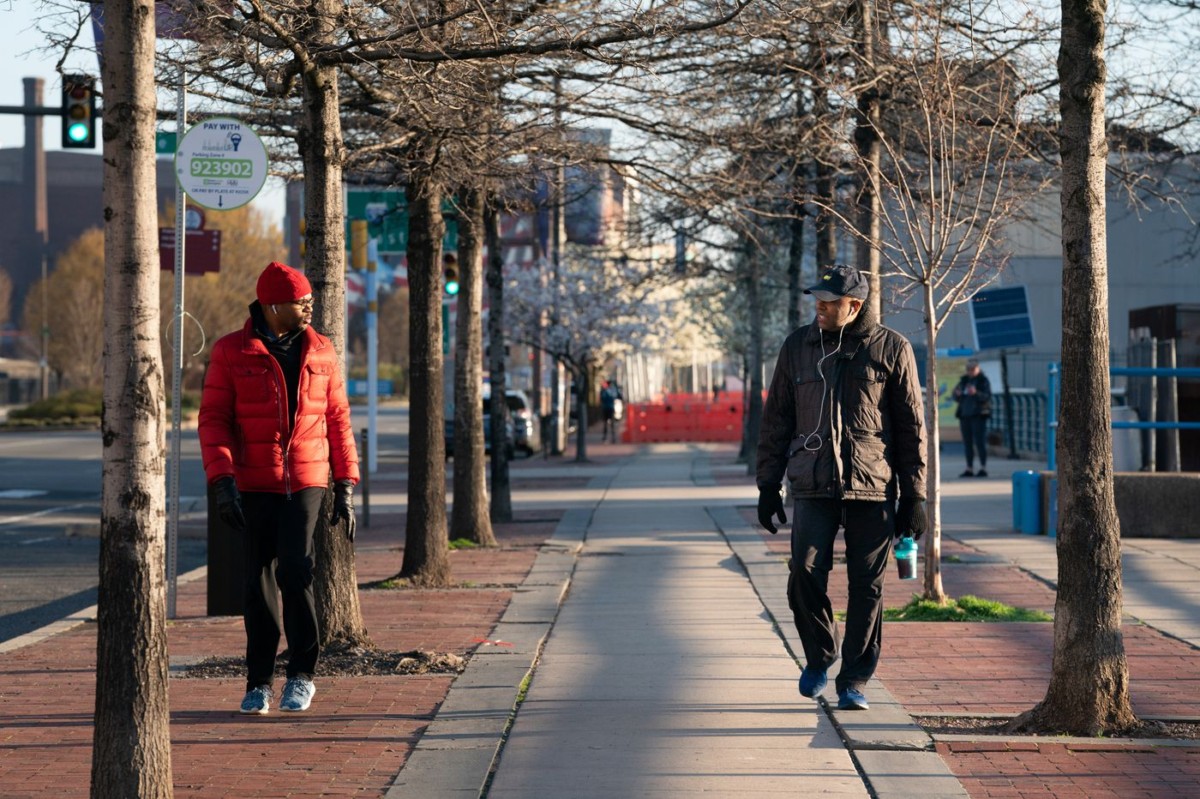Grace Burke
Associate Editor

There are certain things in high school you simply can’t avoid: writing (and passing) your junior research paper, searching for a date for prom, and fulfilling the minimum credit requirements. Some of those credits are nothing short of a pain in the neck, like sophomore history or algebra two. Other classes are harmless, for example the gym classes that let you leave early to take the triple lunch.
Something students look forward to is the dreaded sex-education class. No one wants to do a group discussion about contraceptives or write a paper about the positive vs. negative sides of sex. However, as I finished out my last quarter of health I realized I never had to sit through that class.
NCHS is an abstinence school, meaning there isn’t talk about contraceptives other than abstinence in health class, and there aren’t condoms in the nurses’ room. Across the country there are a vast combinations of states that require sex-education, HIV/AIDS and STD information, prevention or nothing at all.
NCPS has a preliminary class in middle school, followed with a course in healthy relationships, and finishing with lessons on sexually transmitted diseases. Health may feel like a waste of time when all freshmen year is spent talking about veggies and exercise, but they cover most of the basics when it comes to sex.
“We don’t talk about pregnancy prevention because we don’t want to impose on religious or home values. That information is easily accessible, plus we go over healthy relationships and disease prevention. It’s not difficult to find the information,” health overseer and Athletic Director Jay Egan said.
Furthermore, if we added a sexual education class, the only addition to the curriculum is pregnancy prevention. Teaching the basics about condoms and birth control would take one or two classes. The class would then begin to reiterate the studies of healthy relationships, disease prevention and the growth of the human body.
“I don’t need to sit in school and talk about sex when I could be in a free or a class I like,” senior Jack said. “If I really wanted to learn more about sex, I could Google it and would get hundreds of links in two seconds. We go over the basics and that’s all we need.”
However, this doesn’t mean the system is perfect. “One thing we may have to reconsider is the timing,” Mr. Egan said. “We cover most of the bases, but if we could reinforce human growth and development freshmen year, the students would benefit. By the time we go over STDs/AIDS prevention junior year, we may be two years too late.”
However, the majority of students polled—93.8% of 208 respondents–believed we would benefit from a sex-education course.
“Even though a lot of kids know the facts about sex, if you aren’t talking about it at home,” senior Lily said. “It’s better to be safe than sorry.”


One thought on “NCHS Sexual Education course content is questioned”
Comments are closed.